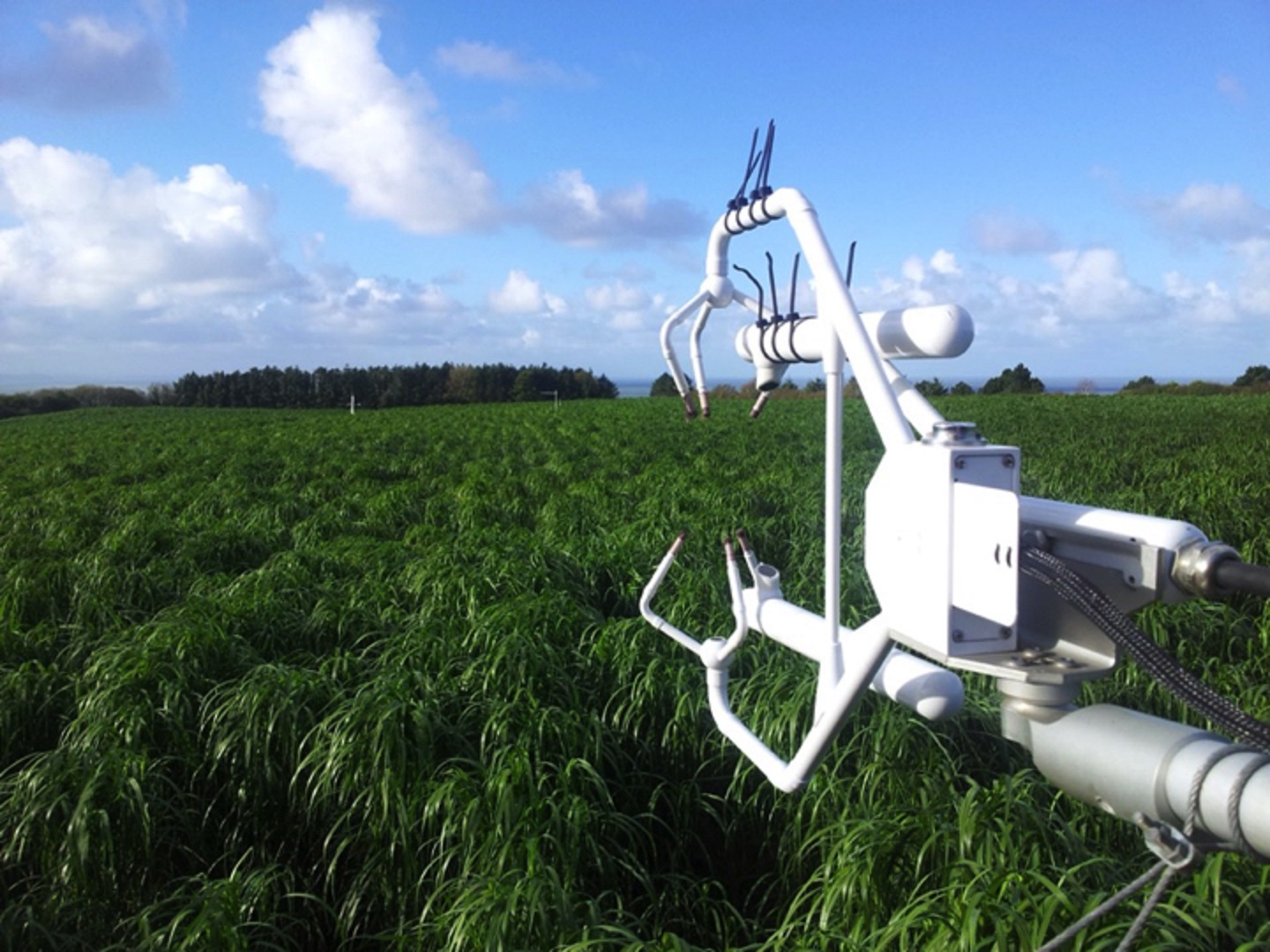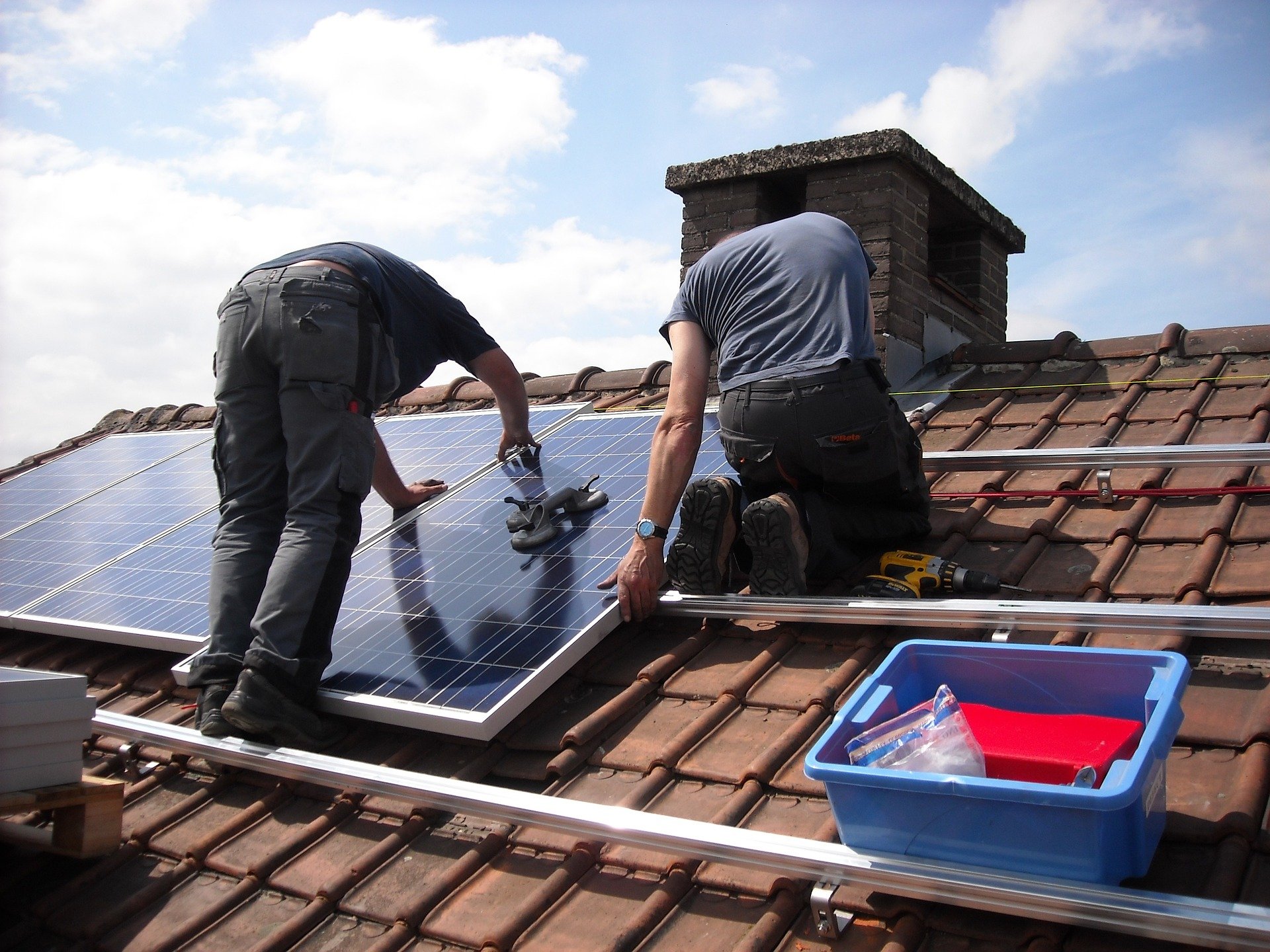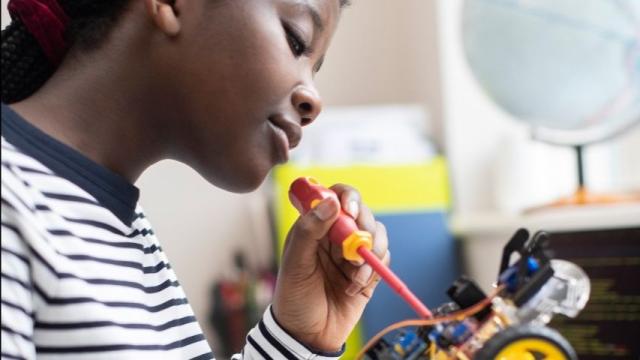
Universities lead search for sustainable solutions
Welsh universities are at the forefront of developing solutions to the challenges posed by climate change, and can help to build a greener, more sustainable Wales, writes Professor Cara Aitchison, Vice-Chancellor of Cardiff Metropolitan University.
11 Mai 2021
This article originally appeared in The National.
We are more aware than ever of the severity of the climate emergency facing our planet.
The reality of climate change hit Wales hard in February 2020, when Storms Ciara, Dennis and Jorge arrived on the back of an extremely wet winter, and the resulting flood waters affected 3,130 homes right across Wales.
An outward-looking, globally responsible Wales must play our part in addressing climate change for the sake of our nation, and the wider world.
As part of the global fight against climate change, Wales will need to build upon plans to achieve a net-zero Wales in the future.
Universities have a vital role to play in achieving this aim, through developing and innovating solutions addressing how we transition to a low-carbon future, and by training the future workforce with skills for a greener future.
Innovating solutions
Research and innovation have a fundamental part to play in the road towards net zero, and Welsh universities are hubs of expertise in this field, with unique access to land and seascapes, as well as world-leading academics.

At Bangor University, research has found that a new generation of nuclear reactors could help to cut carbon emissions by using surplus energy to heat homes, produce hydrogen and decarbonise industry.[1]
Meanwhile, a team at Aberystwyth University has helped to sequence the genome of miscanthus (‘elephant grass’), to develop varieties which are better suited to grow in a diversity of climates. It can be used as a biomass to generate electricity, thereby reducing reliance on fossil fuels and cutting carbon emissions.[2]
The RICE (Reduced Industrial Carbon Emissions) initiative is led by teams at the University of South Wales and Swansea University, developing systems for reducing carbon emissions from large and heavy equipment and facilities used in Welsh industry, working with local supply chain companies to explore the production of green hydrogen.[3]
Universities are also involved in working towards a circular economy. At my own institution, Cardiff Metropolitan University, we have led on the EU funded ‘Circular Economy Innovation Communities’ project, alongside Swansea University, which is bringing together public sector and social enterprise leaders to find solutions and make recommendations on achieving a circular economy and reducing waste.
Welsh universities also play a significant role in the Circular Economy Research and Innovation Group, which brings together academics and Welsh businesses, providing them with support with innovation in a circular economy approach. Cardiff University’s RemakerSpace enables organisations to develop the skills needed to create new commercial opportunities through remanufacturing and repairing services.[4]
Given the wide-ranging impact of research and innovation on Wales’ path to a greener future, it is essential that we invest in research and innovation in order to continue momentum towards a net-zero Wales.

Training for the future
Universities are also a significant player in delivering the workforce of the future, who will build and operate within a greener, more sustainable Wales.
Workers will need to retrain and upskill as technologies advance, using routes such as degree apprenticeships and flexible learning.
At Cardiff Met, we have developed our Housing Studies programme to incorporate the UN Sustainable Development Goals, as well as national legislation and guidance on decarbonisation, to ensure we are equipping future housing professionals with the skills they need to achieve a more sustainable future.
Local influence
Universities also have a significant impact on their local economies and infrastructure, and have a role to play in influencing a shift in culture towards more sustainable ways of living.
At Cardiff Met we’ve set up a Repair Café, where students, staff and the community can bring broken household items to be repaired by volunteers, to encourage our community away from a ‘throw-away’ consumer culture.
Building Wales’ future
Welsh universities are genuinely at the forefront of developing and implementing solutions to the challenges posed by climate change, and we are well positioned to work with the new Welsh Government to help to build a greener, more sustainable Wales.

